- contact@laparoscopyadvice.com
- General Practice Hospital, G-9/2 Islamabad
- Mon - Fri: 10:00 am - 7:00 pm
Visiting Hours
| Mon - Fri: | 8:00 am - 8:00 pm |
| Saturday: | 9:00 am - 6:00 pm |
| Sunday: | 9:00 am - 6:00 pm |
Gallery Posts
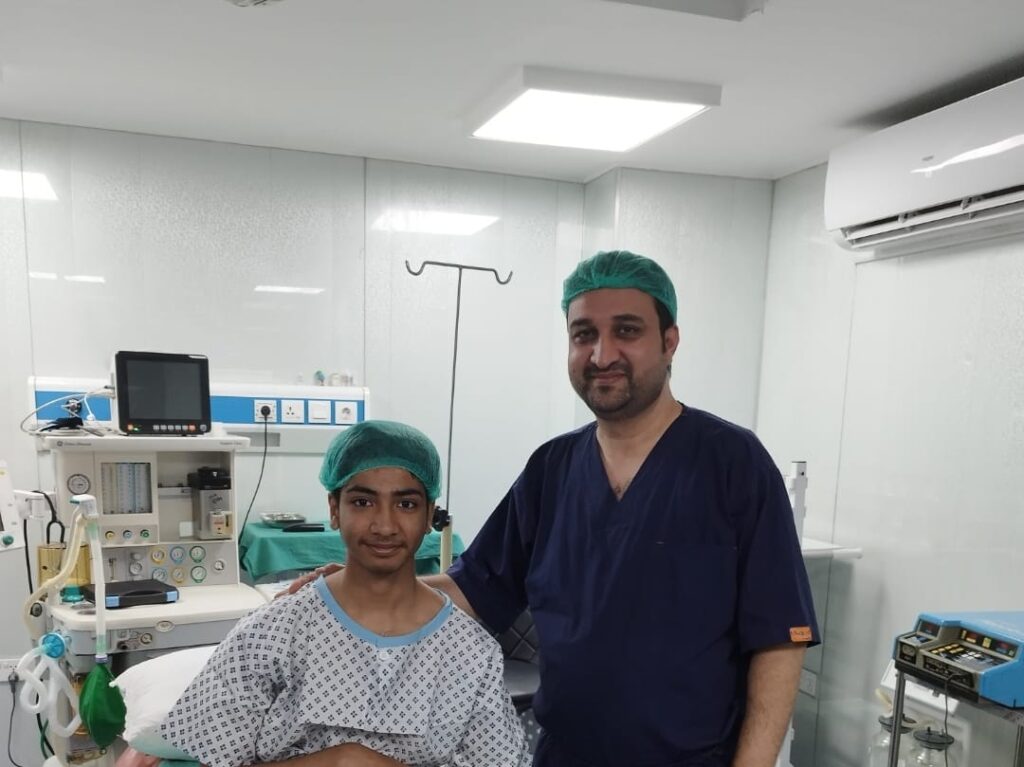
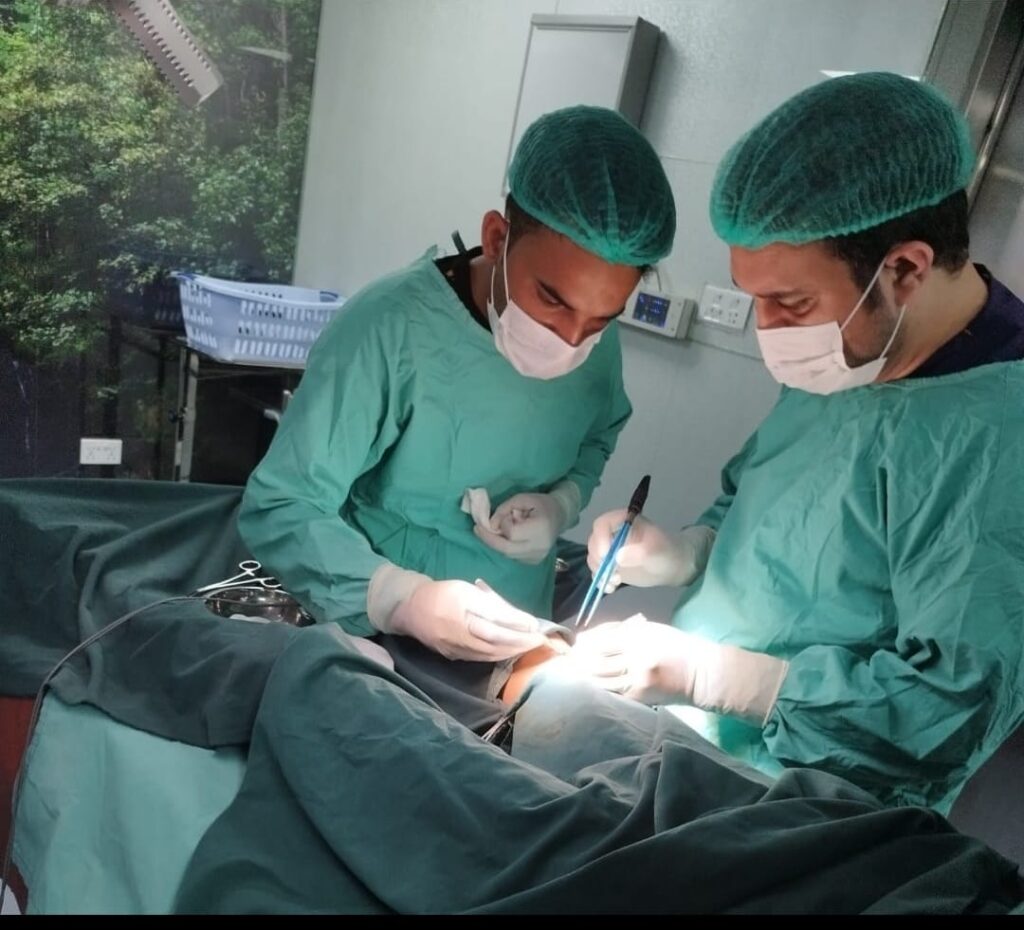

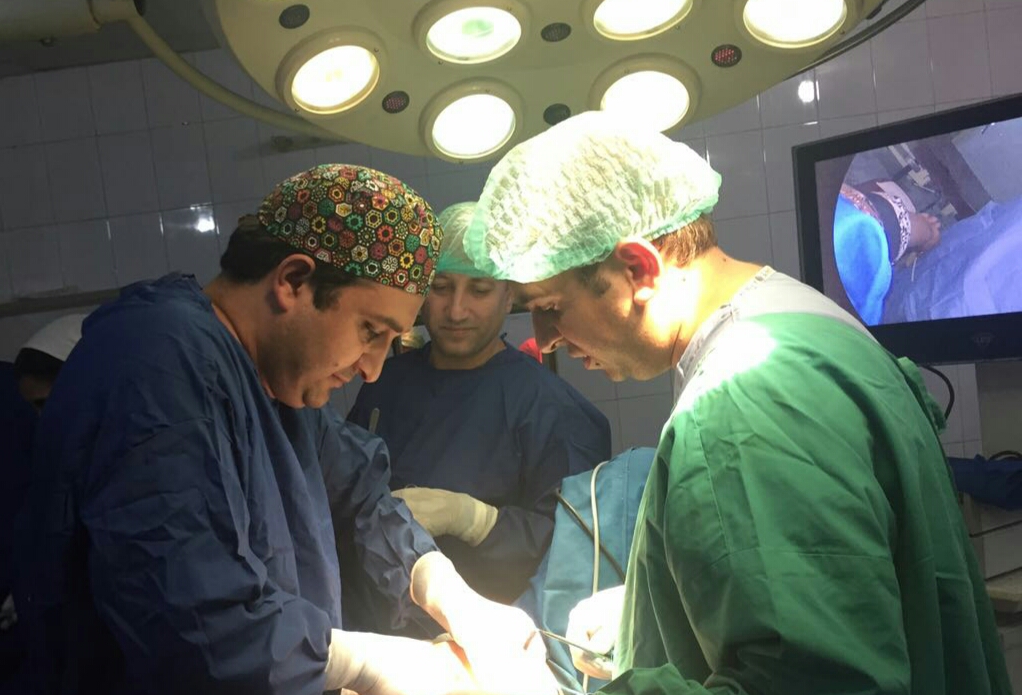
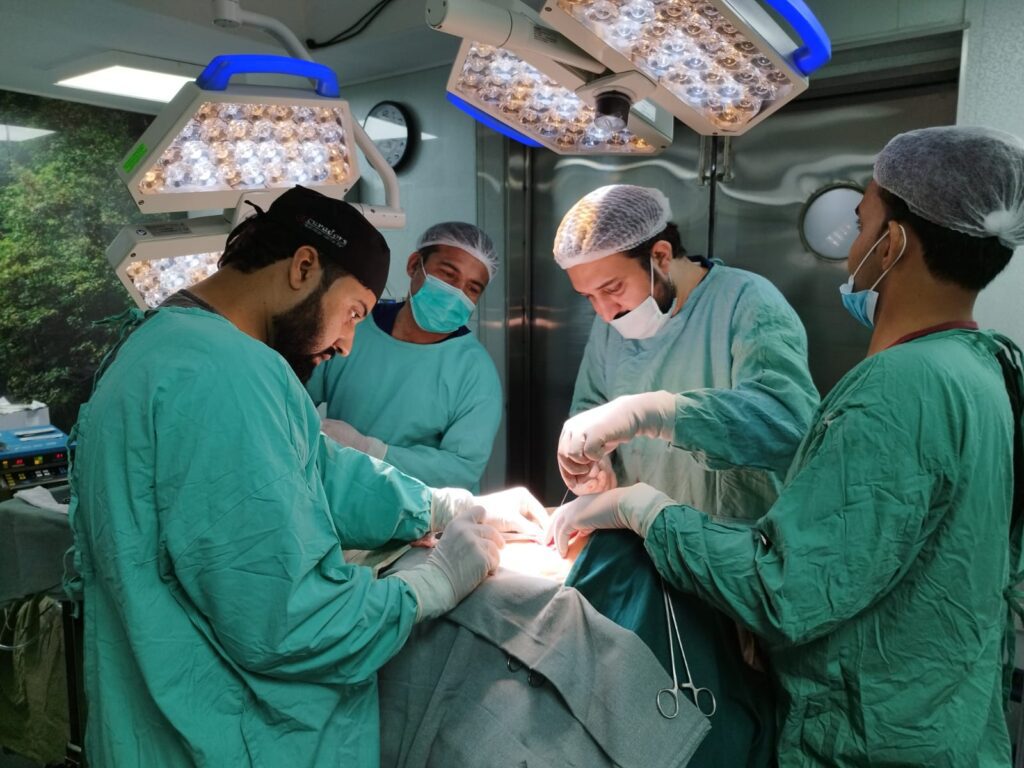

| Mon - Fri: | 8:00 am - 8:00 pm |
| Saturday: | 9:00 am - 6:00 pm |
| Sunday: | 9:00 am - 6:00 pm |






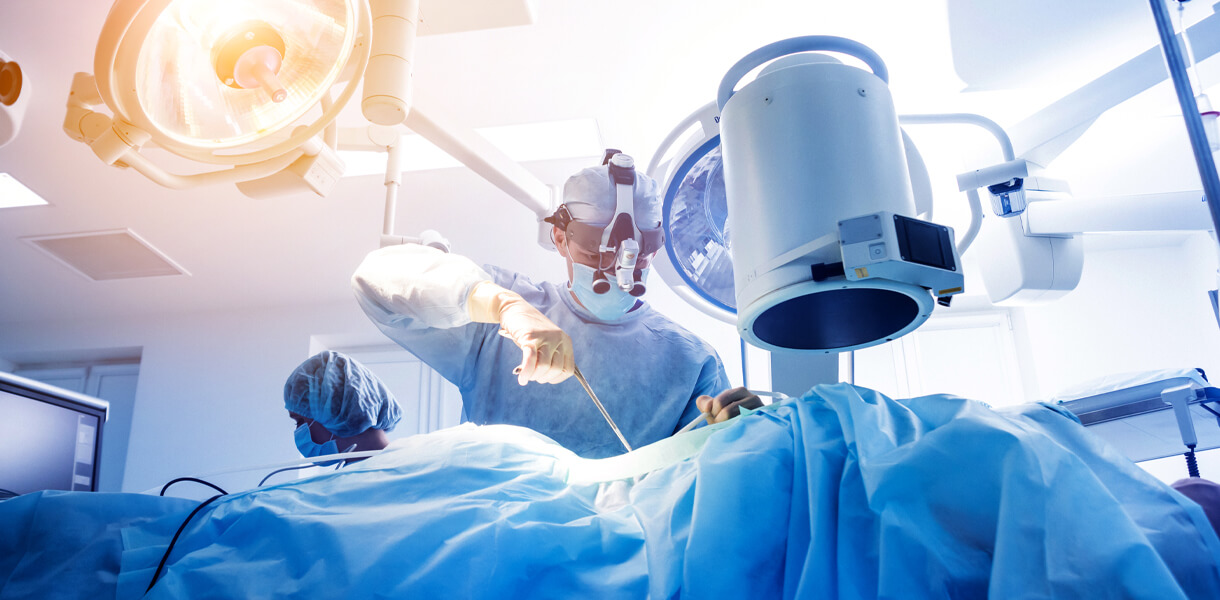
Introduction
A hernia occurs when an organ or fatty tissue protrudes through a weak spot or tear in the surrounding muscle or connective tissue. While hernias can develop in various parts of the body, they commonly occur in the abdomen or groin area. Hernias can cause discomfort and may require medical intervention to prevent complications.
Causes of Hernias
Hernias can develop due to various factors, including genetic predisposition, weakness in the abdominal wall, and straining while lifting heavy objects. Identifying these causes is essential for preventing hernias and managing the condition effectively.
Symptoms and Diagnosis
Recognizing hernia symptoms early on is key to prompt medical intervention. This section discusses common symptoms and the importance of seeking professional diagnosis.

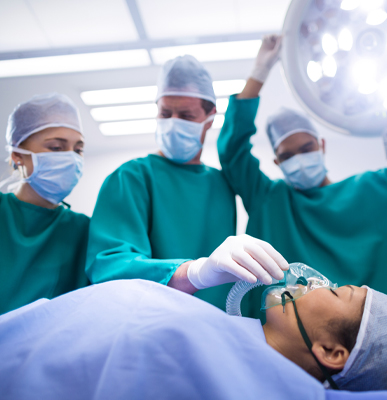

The treatment approach for hernia depends on several factors, including the type of hernia, its size, symptoms, and the patient’s overall health. In many cases, hernias may be managed with lifestyle modifications and observation, particularly if they are small and asymptomatic. However, surgical repair may be necessary for larger hernias or those causing significant symptoms or complications. Hernia repair surgery typically involves strengthening the weakened area with sutures or synthetic mesh to prevent recurrence.
Q: Can a hernia go away on its own?
A: Small hernias may not cause symptoms and may be managed with observation. However, hernias do not typically go away on their own and may require surgical repair to prevent complications.
Q: What are the risks associated with hernia surgery?
A: Like any surgical procedure, hernia repair surgery carries risks, including infection, bleeding, recurrence of the hernia, and damage to nearby structures such as nerves or blood vessels. However, complications are relatively uncommon, and most patients recover well with appropriate care.
Q: How long is the recovery period after hernia surgery?
A: Recovery from hernia surgery varies depending on the type of surgery performed, the size of the hernia, and individual factors. In general, patients can expect to resume normal activities within a few weeks following surgery, although strenuous activities may need to be avoided for a longer period.
Q: Can hernias be prevented?
A: While hernias cannot always be prevented, certain lifestyle modifications may help reduce the risk of developing a hernia. These include maintaining a healthy weight, avoiding heavy lifting, practicing good posture, and quitting smoking.
| Mon - Fri: | 9:00 am - 7:00 pm |
| Saturday - Sunday: | Off |
Copyright 2023 Adil's Laparoscopy World | Powered by Dynaamx